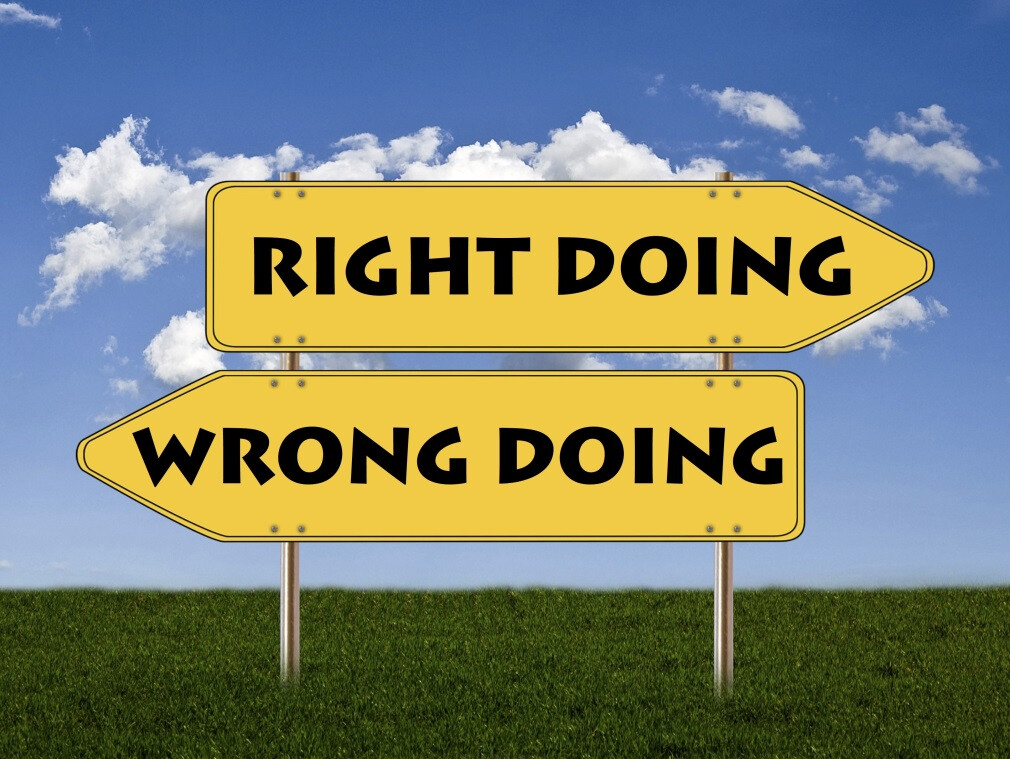Living a Healthy LIfe

As I continue to ponder the development of conscience, I believe it is important to look beyond the break in contact that the pandemic created to a larger issue and that is of the digital age that we live in. If we don’t want to interact, we don’t have to interact because everything we need can be brought to us via our devices. However, interaction is key in the development of socialization skills and thereby conscience formation. For our students, lack of interaction can largely be the result of too much screen time. I wish to share with you some skills that students need to navigate, with our help, in their tech driven worlds. I learned of this through an article from Education Week dated April 19, 2022.
To live a healthy life in our exceedingly digital world, students must build skills of:
Self-awareness, or the ability to examine their own behaviors and feelings, helps kids recognize how technology might be negatively affecting them. Does social media make them feel bad about themselves? Is too much screen time causing them to miss sleep or forgo spending time with families and friends in-person? Is a piece of emotionally charged content trying to trick them into sharing something or spreading false information?
Social perspective taking helps students consider how someone they’re interacting with online or through text messages will interpret something differently based on their unique perspective, background, information, or context. Because it’s harder, and often impossible, to read someone else’s body language through screens or text, perspective-taking conditions students to think through how their behavior will be received by someone else even if they can’t see their reaction.
Empathy, or being able to pick up on and understand how someone else feels, is key to maintaining healthy relationships online. Empathy is an important skill to help students remember that there is a human being on the other side of the screen—something that’s easy to forget when interactions aren’t taking place face-to-face.
Self-regulation helps students control their impulses. Because emotions can easily override good decision-making, it can be all too easy to click first and think later, commenting or sharing a video, meme, or article without evaluating the accuracy or the repercussions of their actions—,which can range from hurting a friend’s feelings to sharing disinformation about vaccines or the war in Ukraine.
Responsible decision-making is an important skill for students to evaluate and make careful choices about their behavior and social interactions online. This applies to more immediate situations but also, just as importantly, to thinking through the long-term repercussions of behavior. Students need to be thinking about what they might say on social media today and how it could jeopardize a job or scholarship opportunity in the future.
